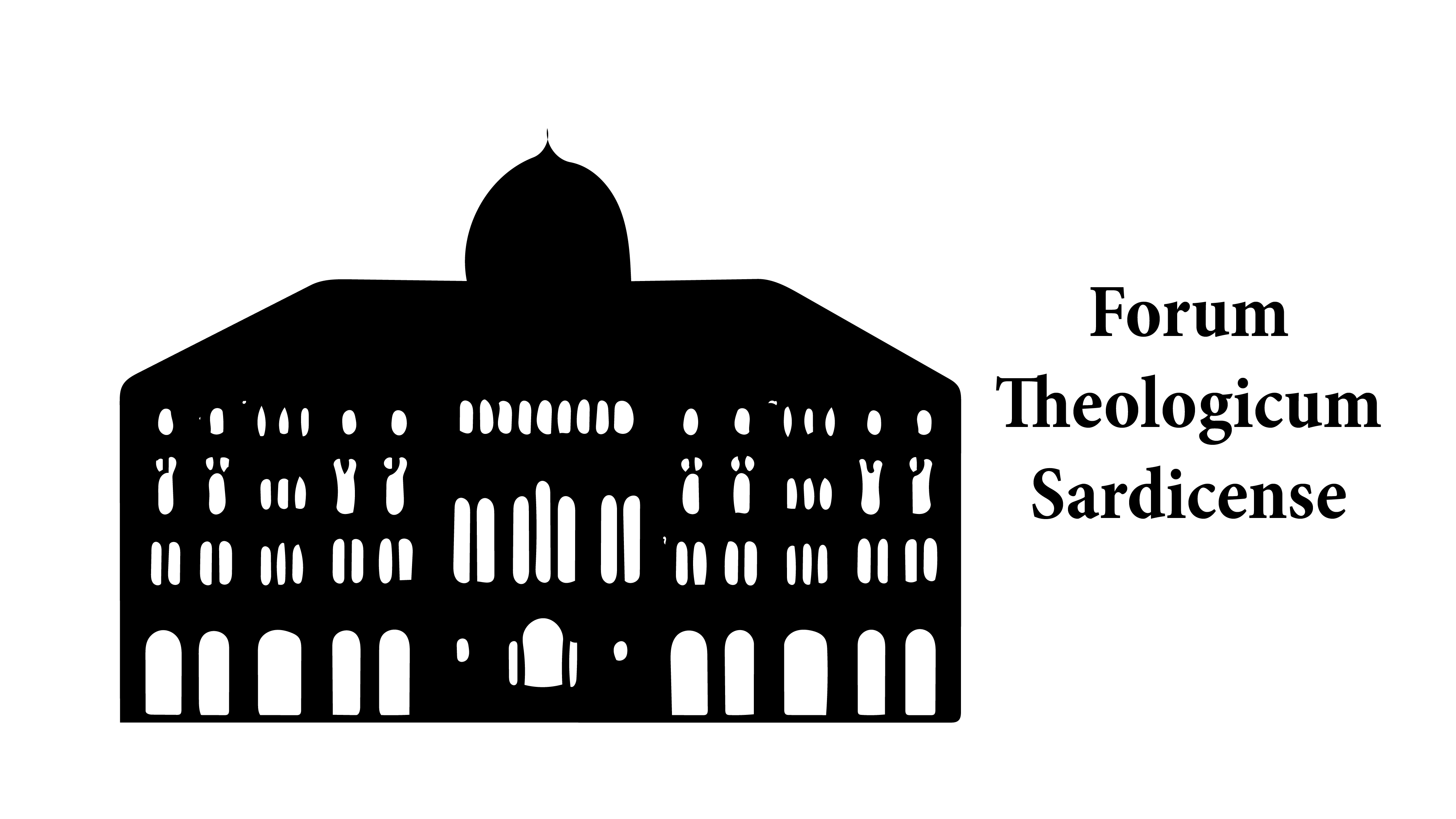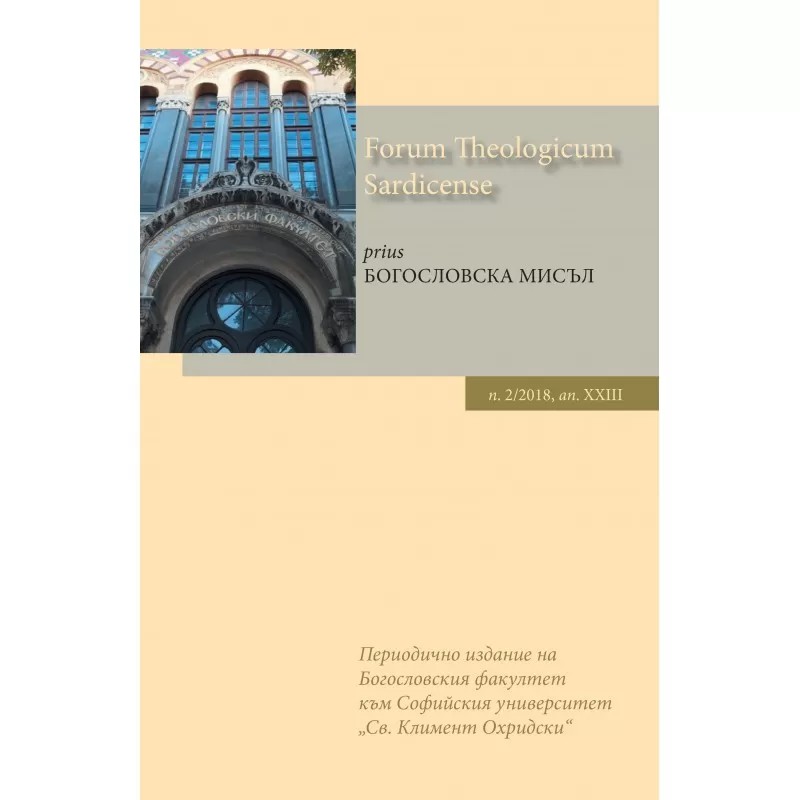Canonical Provisions Regarding the Administration Right of the Church Properties
Ключови думи :
Orthodox Canon Law, Systematic Theology, Orthodox Church, Church PropertyАбстракт
From its inception, the Church—following our Lord Jesus Christ, who, though rich, became poor so that we might become rich through His poverty (2 Cor 8:9)—has justified its appeal to temporal goods only to the extent that they are absolutely necessary for the life of the communion, particularly to aid the poor (Matt 6:19-21; 19:23-24; Mark 4:19; 10:23-25; Luke 6:24; 12:16-21; 12:33; 16:19-31; 18:24-25; 1 Tim 6:7-19; Rev 18:9-19). Thus, from its early days, the Church has affirmed its right to possess goods and has entrusted ecclesial authority with the responsibility to manage them, ensuring the maintenance of Christian communities and the assistance of those in need. To emphasize the primary purpose of administering the Church’s assets, the priest Julianus Pomerius described them as "vota fidelium, pretia peccatorum et patrimonia pauperum" (Julianus Pomerius, De vita contemplativa, II, cap. 9 [PL 59, col. 454]), and Saint Ambrose of Milan stated that "aurum Ecclesia habet non ut servet, sed ut eroget, ut subveniat in necessitatibus" (Ambrose Mediolanensis, De officiis ministrorum, II, cap. 28 [PL 16, col. 140]).Файлове за сваляне
Публикуван
22.05.2025
Брой
Раздел (Секция)
Articles
Лиценз
Авторски права (c) 2018 Annual of St. Clеment of Ohrid University of Sofia – Faculty of Theology

Публикация с Creative Commons Attribution-NonCommercial 4.0 International License.
Как да цитирате
Canonical Provisions Regarding the Administration Right of the Church Properties. (2025). Forum Theologicum Sardicense, 2, 95-113. https://periodicals.uni-sofia.bg/index.php/forum-theologicum-sardicense/article/view/417


